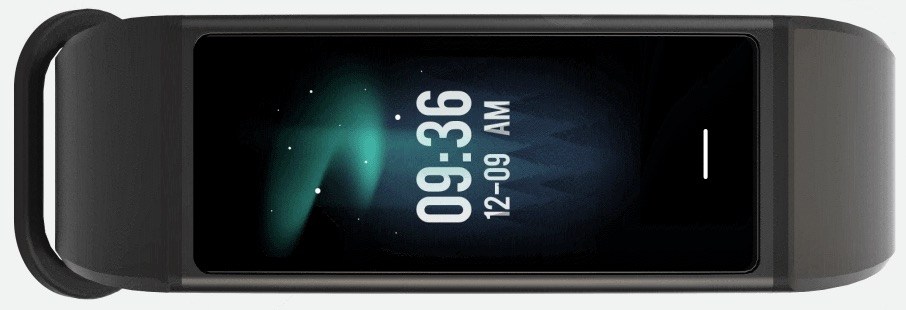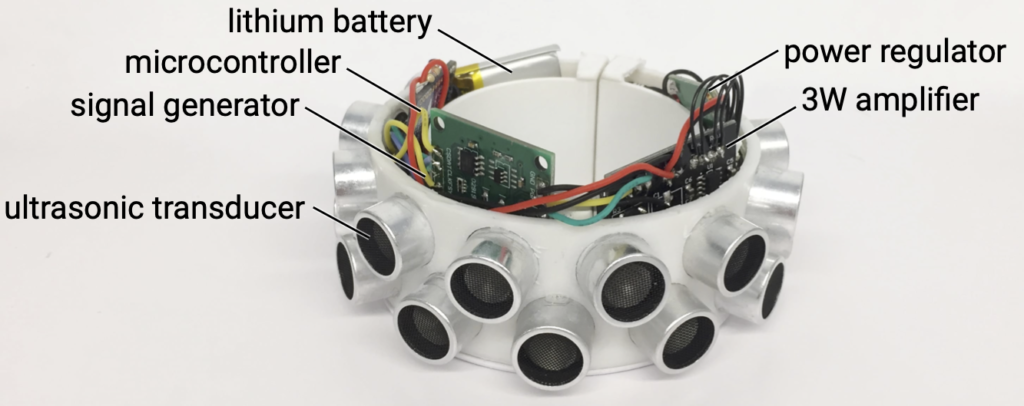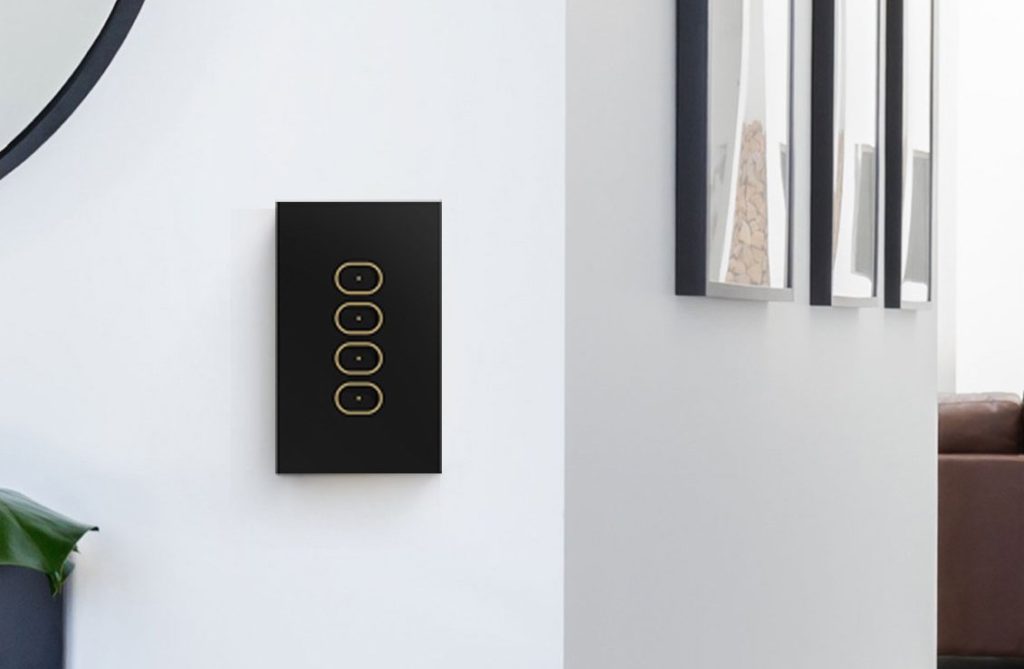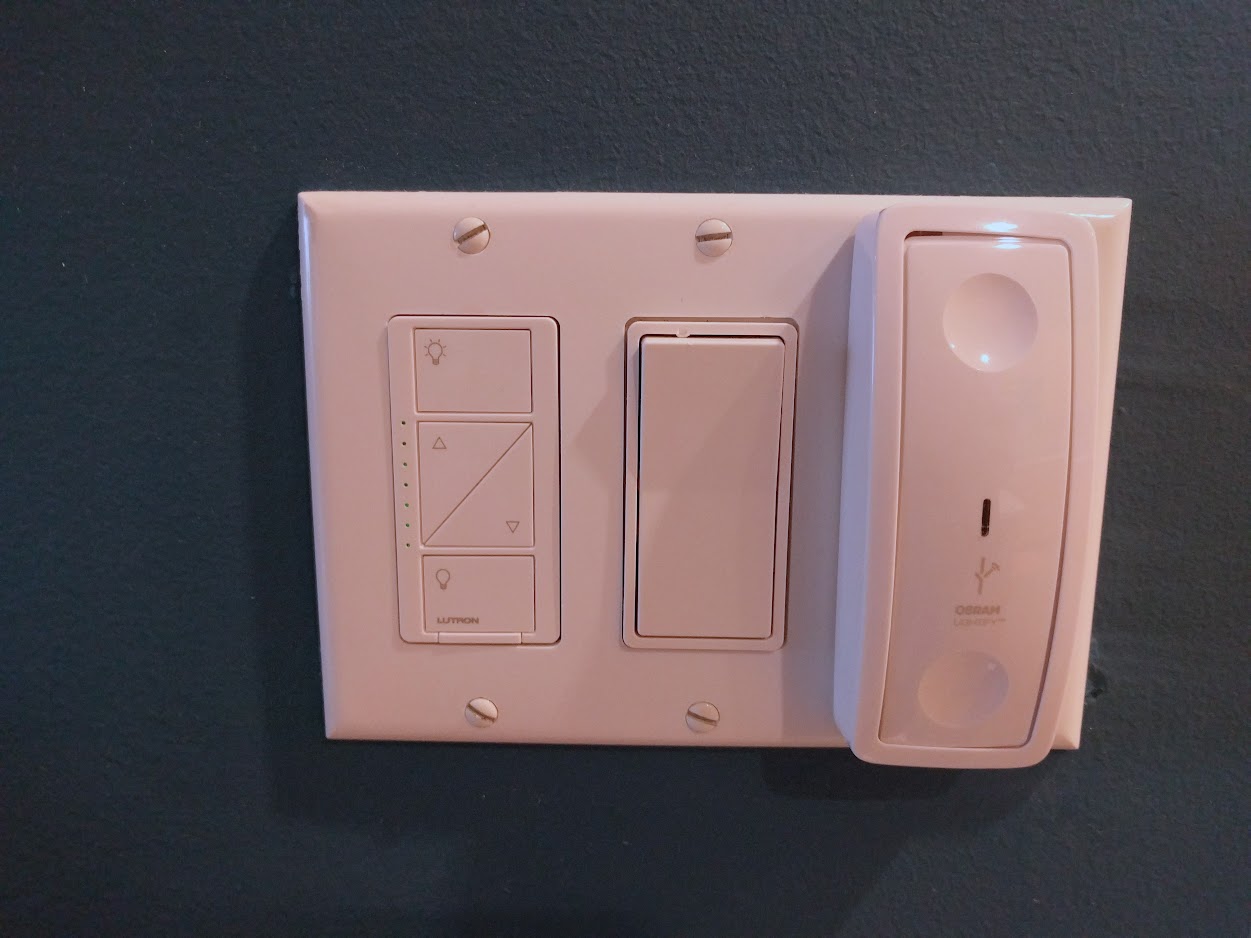We start this week’s show talking about the hit the tech conference circuit has taken because of the new coronavirus before segueing into some good news on the security front with the move of Microsoft’s Azure Sphere product to general availability. Then we move back into somewhat grim news discussing the trend toward the usage of facial recognition in schools. We can offer a bit of hope in a new mobile app created by researchers at Carnegie Mellon University that scans for data-snarfing devices nearby. Then we discuss new products from Wyze, Lutron, Semtech, and Amazon. We also discuss an industrial IoT deal in the chip space and let Kevin rant about the Nest outage. Finally, we publish a listener request for more multi-factor security options on Moen devices.

Our guest this week is Om Malik, a venture partner at True Ventures and my former boss. He came on the show to discuss his recent diatribe against the tech media, which he accuses of flipping from fawning over the industry to hating it without much thought. We talk about the lack of nuance in coverage, our more nuanced relationship with technology and what regulation is the only real solution to the problem of tech companies’ overreach. Enjoy the show.
Hosts: Stacey Higginbotham and Kevin Tofel
Guest: Om Malik, True Ventures
Sponsors: DigiCert and Very
- Why we’re so excited about Microsoft Azure Sphere
- LoRa gets a cloud-based location-tracking capability
- Kevin’s pining for local failover options for cloud cameras
- Tech isn’t all bad or all good, and we need to cover it that way
- Regulations will be essential for ethical technology



